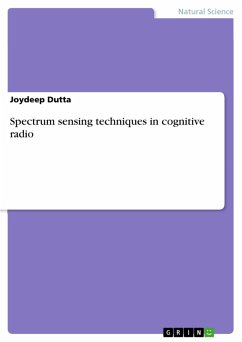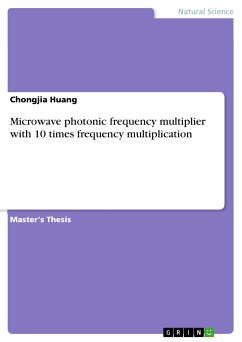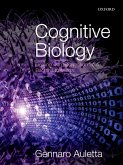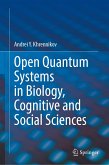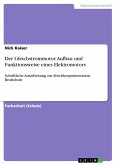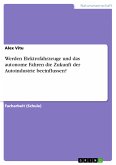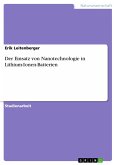Document from the year 2022 in the subject Physics - Technical Physics, grade: A, , language: English, abstract: Cognitive Radio offers non-interfering use of spectrum which requires three main tasks: Spectrum Sensing, Spectrum Analysis and Spectrum Allocation. The aim of this study is to focus on spectrum sensing in cognitive radio which is a recently introduced technology in order to increase the spectrum efficiency. Increasing efficiency of the spectrum usage is an urgent need as the number of wireless users is increasing rapidly. Cognitive radio arises to be a good solution to spectral crowding problem by introducing the opportunistic usage of frequency bands that are not heavily occupied by licensed users (Primary user) since they cannot be utilized by users other (Secondary user) than the license owners at the moment. Cognitive radio can sense the spectrum and detect the idle frequency bands, thus secondary users can be allocated in those bands when primary users do not use those in order to avoid any interference to primary user by secondary users. Several Spectrum Sensing Methods proposed in the literature are theoretically analyzed and interpreted in the sense of advantages and drawbacks.
Dieser Download kann aus rechtlichen Gründen nur mit Rechnungsadresse in A, B, BG, CY, CZ, D, DK, EW, E, FIN, F, GR, HR, H, IRL, I, LT, L, LR, M, NL, PL, P, R, S, SLO, SK ausgeliefert werden.

